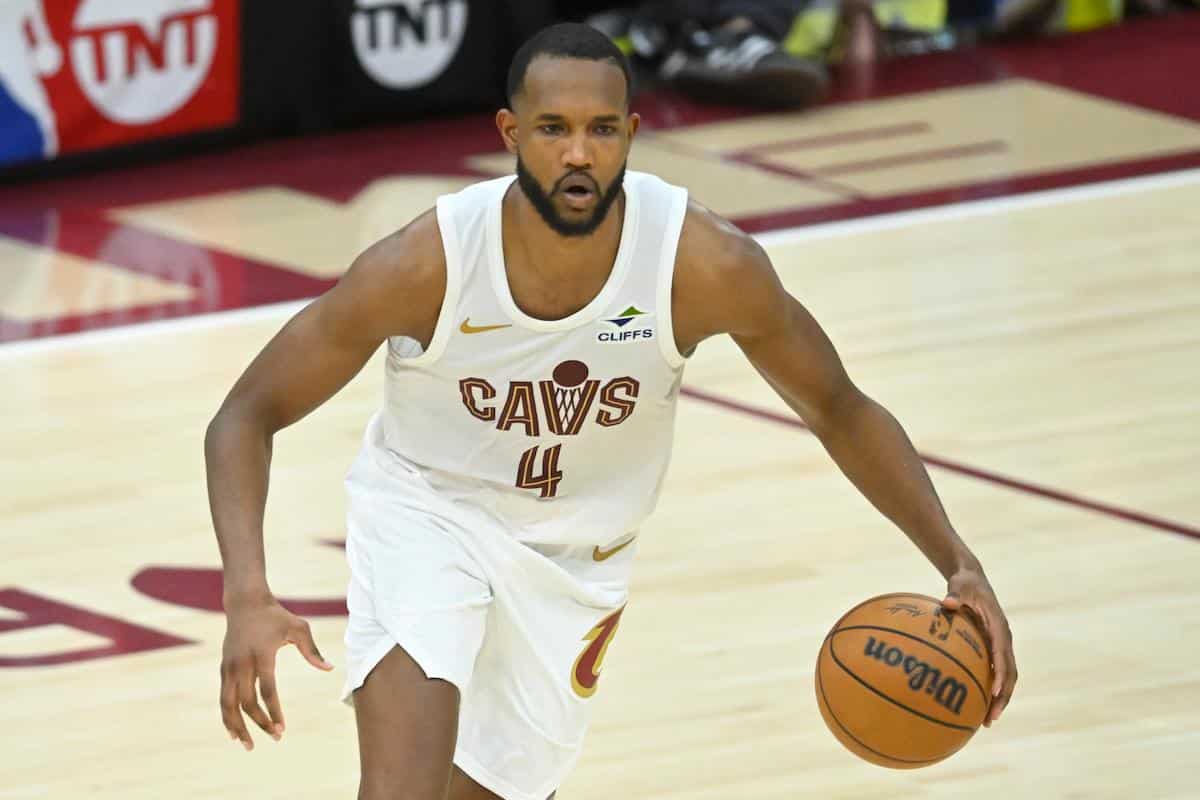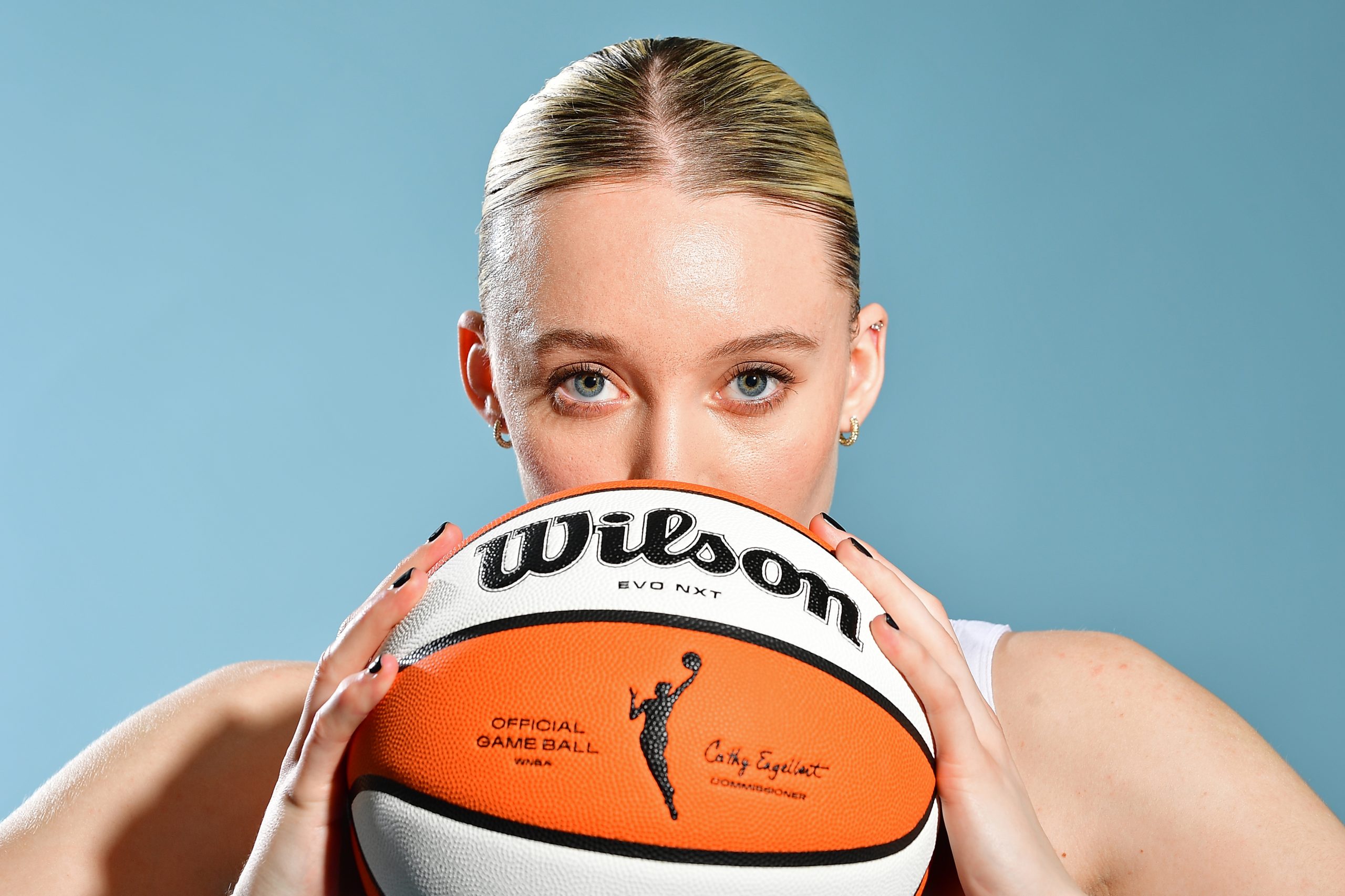Wendell Cruz-USA TODAY Sports
Scotto: Some have wondered if the Knicks could move a contract like Evan Fournier in a potential Donovan Mitchell trade package because Danny Ainge traded for him with the Boston Celtics, but I’d remind everyone that was a totally different situation where Utah would be entering a rebuilding situation and has less of an appetite to take back long-term salaries for guys like Fournier and Julius Randle. Instead, I see someone like Derrick Rose, who’s owed $14.5 million this season and has a team option for next season, being more appealing to Utah. The Knicks would also be willing to trade Cam Reddish. Then, from Utah’s side, you have the Knicks’ trio of young players who could appeal in Obi Toppin, Immanuel Quickley and Quentin Grimes.
Jones: I don’t think the two sides are close. I don’t think they have been close. We’ll see what happens as the urgency of training camp looms. The Jazz want what they want, which is picks out of this deal, and they want young guys on short or rookie contracts. By definition, that means Toppin, Grimes and Quickley. They’re good young players, and the Knicks want to protect those guys. The Knicks don’t necessarily want to put in their young guys. They want to try to unload some undesirable contracts. The Knicks don’t want to unload Derrick Rose. He’s long been a favorite of Tom Thibodeau. I know the Knicks want to hang onto him and Grimes. Those guys are priorities.
Scotto: Rose’s contract, salary-wise, makes the most sense if Utah isn’t looking to take on Fournier and Randle. There’s going to have to be a little tug of war there and a compromise. From the Knicks’ standpoint, if they’re going to move Toppin, Quickley, or Grimes, they value Toppin at least as a first-round pick, Quickley is somewhere in that range as well, and they’ll make the argument that Grimes is too. That would lessen the draft pick compensation Utah would theoretically get back. I’m not sure if Utah has an appetite for Cam Reddish.
Jones: I don’t think the Jazz have any appetite for Randle. I’m not sure there’s much of an appetite for Reddish. They’ve set a price for Mitchell, and from their perspective, at this point, it’s you meet the price, and they’ll trade him, or you don’t, and they’re going into training camp with him. They don’t feel like they have to trade Mitchell or are obligated. They don’t feel an urgency to trade him. They think they have multiple roads back to being the team they were a couple of years ago. They already have three first-round picks by the end of next season. If they hold onto all of their veterans, they’ll have $36-40 million in cap room. While some may question what free agent would go to Utah? The cap space isn’t about which free agent would go to Utah. The cap space would be used to maneuver in the trade market. They could potentially pull off a trade similar to the one Portland did for Jerami Grant.
They look at it as if there are three years left on Mitchell’s contract, so if they’re going to trade him, it’s because somebody meets their price. I don’t see the Jazz coming down on their price.
Scotto: The sense that most people around the league have gotten is that Utah wants more for Mitchell than they got for Rudy Gobert. You’re talking five first-round picks, maybe even six, depending on protections and what young players are offered. That’s a hefty haul.






